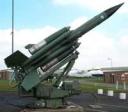Officials in Baghdad have imposed a curfew as Iraq marks the fifth anniversary of Baghdad’s capture by US forces, but fighting continues to plague the city.
There were at least three mortar attacks reported on Wednesday morning, with at least one rocket or mortar shell fired into the Green Zone, home to the US embassy, eyewitnesses said.
Baghdad’s streets were empty of cars and trucks after the authorities declared a 5am to midnight (0200 GMT to 2100 GMT) vehicle curfew to prevent car bomb attacks.
Al Jazeera’s James Bays, reporting from Baghdad, said the curfew was in place but that sporadic fighting continued.
“The streets are absolutely deserted,” Bays reported. “The current Iraqi government is taking no chances at all – the curfew is in place, but it hasn’t stopped the violence.”
Clashes were reported between Shia fighters and US and Iraqi forces in Baghdad’s Sadr City district, a poverty stricken district with strong support for the al-Mahdi Army, on Wednesday.
At least six people were killed, the AFP news agency reported an unnamed medical worker as saying.
In Tikrit, the hometown of Saddam Hussein, the former Iraqi president who was ousted in the US invasion, a day-long curfew was also in place, according to reports from the AFP news agency.
Filed under: Politics | Tagged: Al Jazeera, Baghdad, Iraq, petraeus, Politics, sadr city, shia, Tehran, us army, Washington | Leave a comment »



 Admiral Fallon’s (forced?) resignation was the last
Admiral Fallon’s (forced?) resignation was the last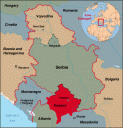
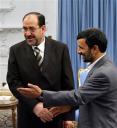

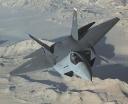

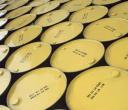
 DAR ES SALAAM, Tanzania –
DAR ES SALAAM, Tanzania –  The two-year long decline of the dollar finally comes
The two-year long decline of the dollar finally comes